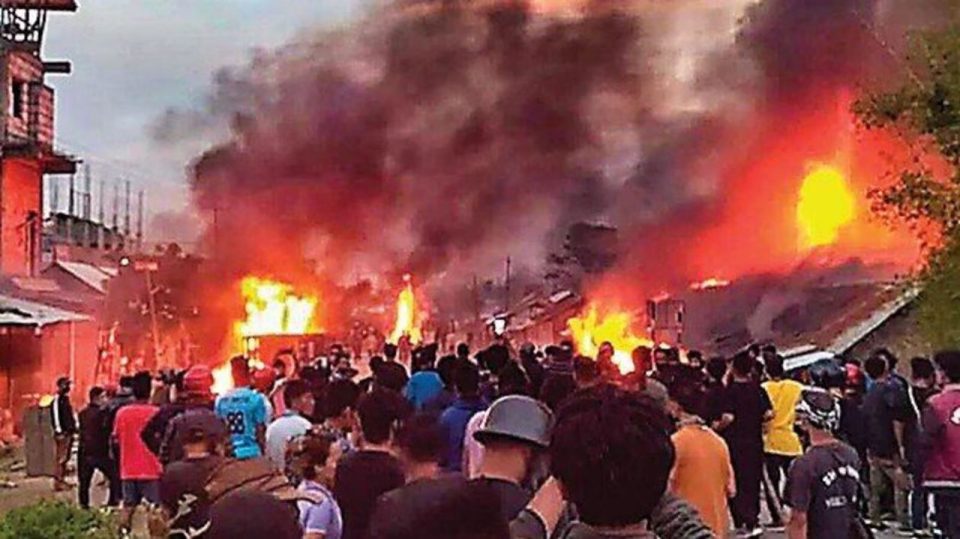The Manipur police filed an FIR against the fact-finding team sent by the Editors’ Guild of India (EGI). This team arranged a visit to Manipur and had released a report regarding the media coverage of the ethnic conflict. At first, the FIR included Section 66A of the Information Technology (IT) Act, which was declared as unconstitutional by the Supreme Court of India in 2015. Despite multiple commands from the court to stop using Section 66A, police in various states continued to induce it. This section was previously allowed for imprisonment of individuals for up to 3 years and fines for posting “offensive” content online.
Seema Guha, Bharat Bhushan, and Sanjay Kapoor, along with Seema Mustafa, the President of the Editors Guild of India were mentioned in the FIR. The basis of this FIR was from a complaint filed by Ngangom Sarat, a social worker residing in Imphal West. The complaint was related to a photo caption within the report, which falsely identified smoke rising from a Kuki home as that of a forest official’s residence. Based on these differences, the complainant finalized that the entire report is totally false and potentially “sponsored by Kuki militants”.
The Editors Guild report highlighted that several reports concerning the Manipur conflict displayed a one-sided perspective. The report spotlighted that during the ethnic violence, Manipur journalists mostly published one-sided reports. Under normal conditions, these reports must be cross-checked and monitored by their editors or Chiefs of Bureaus, which involves local authorities, police, and security forces. However, this supervision was not possible during the conflict. The report also pointed out that Meitei media, which appeared to have acted collectively during the conflict, where editors would consult each other and agree on a common narrative, including specific language to report incidents or even to choose some events that should not be reported. This approach was explained to the EGI team as an effort to prevent further complications of the already existing volatile situation.
The EGI team criticized the internet shutdown, highlighting that it worsened the situation and adversely affected the media. They pointed out that the local news gathering was burdened by the lack of communication links, and they were insufficient to provide a balanced view of the situation.
This was the second instance of legal action against a fact-finding team after the report was published on Manipur. In the month of July, a case was registered against Annie Raja, Nisha Siddhu, and Deeksha Dwivedi, members of the National Federation of Indian Women’s team in Manipur, stating that Manipur was witnessing “state-sponsored violence.” Before that, a well-known academician and two Kuki activists were called up by an Imphal court. These cases were registered by Meitei activists who claimed that the statements made during the interviews had “inflamed communal passions.”

